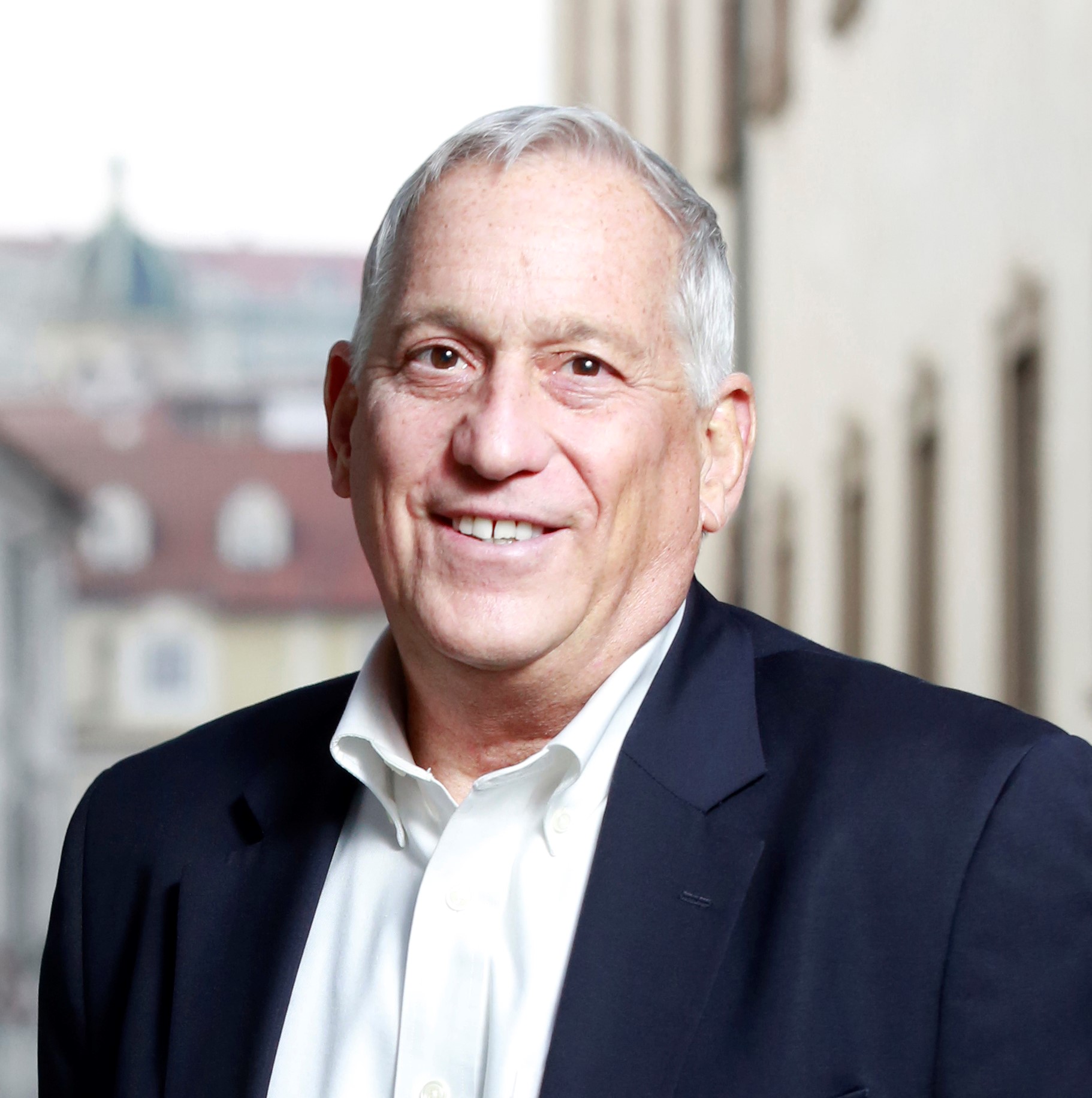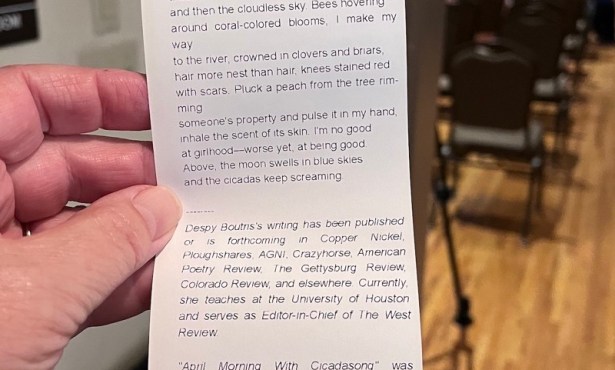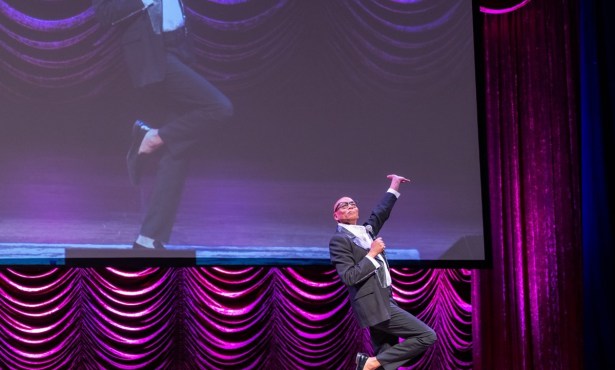Walter Isaacson Talks Latest Book
Author Discusses His ‘Leonardo da Vinci’

Walter Isaacson is back with another book about a creative brilliance, this time arguably the greatest genius in human history, Leonardo da Vinci. Isaacson, president and CEO of the nonprofit think tank The Aspen Institute, former chair and CEO of CNN, and former managing editor of Time magazine, is the author of biographies of Benjamin Franklin, Albert Einstein, and Steve Jobs. Isaacson recently spoke by phone with the Santa Barbara Independent about his latest tome.
Some historians focus their attention on explorers, military figures, or statesmen, but you tend to research and write about creative people. What is it about them that fascinates you? I’m very interested in the intersection of art and technology, and how for many creative individuals like Leonardo, beauty matters. The way my publisher, Simon & Schuster, produced this book, with full-color illustrations on high-quality paper, is a reflection of that aesthetic. It’s a gorgeous book, and I must thank my publisher for that.
You wrote that you took Leonardo’s notebooks as your starting point, calling them the greatest record of curiosity ever created. What did you find in the notebooks? Most people who study Leonardo da Vinci’s life begin with his paintings. I was interested in the notebooks because they provide such an accessible window on the way Leonardo thought, the questions he wanted to answer, his creative preoccupations and unceasing curiosity. Some 7,000 pages of Leonardo’s notebooks have survived, and they are a treasure trove of insight into the workings of Leonardo’s mind.
What might Leonardo’s life have been like if he hadn’t been born illegitimate? Leonardo was actually fortunate to be born illegitimate — otherwise he would have been pushed into becoming a notary, like his father and grandfather, and I don’t think that would have satisfied him. Being illegitimate, he also avoided formal schooling, which suited his temperament perfectly. Da Vinci liked to say that he was an unlettered man, and this may be true, but only in a formal sense; he learned what he wanted or needed to know through experience, collaboration, and from books. Leonardo didn’t possess a superhuman intellect, but he did possess superhuman curiosity.
One aspect of Leonardo’s career that is less well known is his work as a court entertainer and producer of pageants and celebrations. You discovered that theatrical work actually contributed to much of da Vinci’s best artwork. Yes, and this is one thing that surprised me. Creating theatrical props, telling a story, allowed Leonardo to unleash his artistic and engineering imagination. He was a fabulist, and the theater gave him space to be just that. His ability to capture human emotion and create a dramatic narrative in his paintings was definitely nurtured by his experience in the theater.
Aside from curiosity and a sense of wonder, what parallels do you find between Leonardo, Franklin, Einstein, and Steve Jobs? They were all willing to question and challenge conventional wisdom and to work across disciplines. All of them also saw beauty in science and science in beauty. Leonardo, for example, loved the beauty of music as thoroughly as he loved the beauty of mathematics.
Despite the passage of several centuries, and phenomenal technological advances, Leonardo da Vinci still has a lot to teach us. I think Leonardo is the most relevant genius in human history. He teaches us to be deeply observant, not only to reach a particular end but in order to live a fuller, richer life. Look deeply at the flight of birds; watch how they use their wings when they take flight and land. Look at how light bounces off one surface and creates shadows on another. Study how water eddies. This is what Leonardo did almost every day of his life. Any one of us can do this, too.
4·1·1
UCSB Arts & Lectures presents Walter Isaacson in a free community event October 14, 2 p.m., at the Arlington Theatre (1317 State St.). Call (805) 893-3535 or visit artsandlectures.ucsb.edu.



